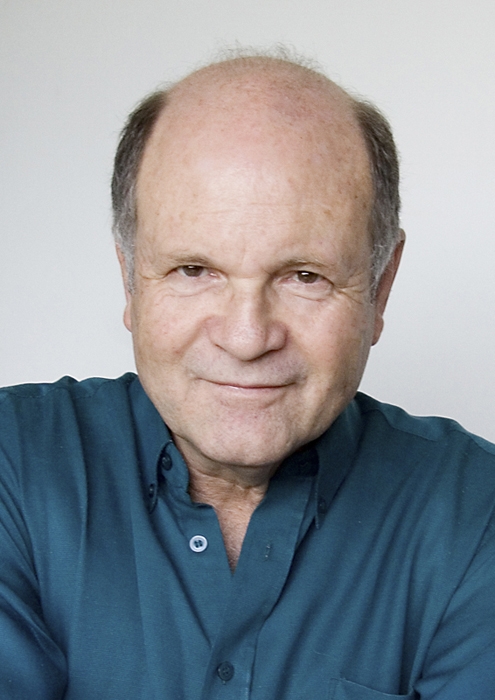
Barricades (1969)
Origin: Israel | Documentary | Director: Ram Loevy | 65 minutes
Barricades
by Ram Loevy, documentary 65 min, Israel 1969
One of the first documentary films created for Israeli television. It tells the story of two families, one Jewish and the other Palestinian, who both lost children during Israel's War of Independence, known to Palestinians as the Naqba, or "Catastrophe." The film, directed by Ram Loevy, caused considerable controversy when it aired on 1 August 1972. It was the first time that an Arab viewers had a chance to experience the emotional significance of the Holocaust for Jews, and it was also the first time that Israeli Jews had an opportunity to experience the emotional significance of the Naqba to the Palestinian people.
Loevy first came up with the idea behind the documentary in 1968, while studying film in London. As a Hebrew-language broadcaster for the BBC, he had proposed creating a documentary about the social rifts tearing at Israeli society, with one episode focusing on the conflict between Jews and Palestinians. Although the BBC expressed interest in the project, Loevy returned to Israel soon after to help launch Channel 1, the country's first attempt at television broadcasting. He did not, however, abandon the idea, albeit in a more reduced format. Back in Israel, Loevy pitched the idea to the Israel Broadcasting Authority, which agreed to fund the project. At the time, Professor Eliyahu Katz, one of the founders of Israeli television, explained that the idea fulfilled one of the major purposes for which television was brought to Israel: to strengthen ties between the Jewish and Arab residents of the country.[1] Loevy made the film in 1969.
Despite the politicization of Barricades, the film challenged pre-existing notions about Palestinian refugees then prevalent in Israeli society and led many people, however briefly, to reconsider their attitudes toward the Palestinian right of return. The debate surrounding the screening of the film also presaged the tension surrounding Loevy's 1978 film Khirbet Khizeh.